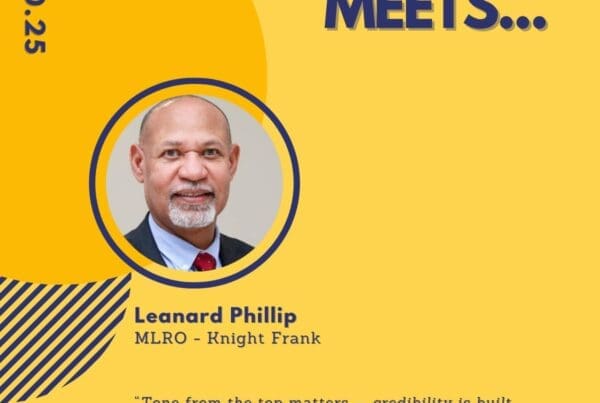How Consumer Duty has challenged Wealth Management firms
Wealth management firms are currently facing many challenges which they are being forced to navigate almost single-handedly.
Alongside the effects of continued economic hardship, increasing inflation and the rise of AI, there is now the requirement to follow new regulations from the Financial Conduct Authority (FCA).
Since July 2023, all UK wealth management firms have had to adhere to the watchdog’s new Consumer Duty framework, which is designed to bring ‘higher and clearer standards of consumer protection’ to the financial services market.
The new mandate obliges wealth managers to minimise ‘consumer harm’, to ensure their clients are receiving clear and consistent communications about the services and products they sell, and to provide ‘fair value’ for the fees clients pay. This is so that consumers no longer lose significant sums to scams and fraud, fall victim to money laundering or experience negative economic, market and social damage.
This new principle isn’t about ticking boxes or avoiding fines.
It represents a fundamental shift in mindset and a call to arms for products, and services which are created with target customers’ needs at their core, ensuring fair spending value.
This is also with a view to putting an end to confusing jargon and incomprehensible fine print. Instead, clients must now receive clear communication that enables them to make confident, informed decisions throughout their financial journey. If further assistance is required, firms must provide tailored support at the right time.
To emphasise this point, in a consultation paper in 2021, the FCA said it believed the new duty would ‘require a significant shift in culture and behaviour’ for many firms and how they are regulated. In fact, according to wealth advisory firm IQ-EQ, the FCA’s previous ‘treating customers fairly’ (TCF) principle, introduced in 2006, meant the FCA itself had the ‘responsibility to decide if a firm has acted in bad faith’.
In 2017, the regulator’s Financial Services Consumer Panel argued that the TCF regime did not deter firms from mis-selling financial products. But some in the sector, by contrast, believe that Consumer Duty, in its very nature, places direct responsibility on the firms themselves to comply with it.
This expectation was reinforced by a letter in November from FCA director of consumer investments Lucy Castledine to all UK wealth management CEOs. She said:
“We expect you to have implemented the consumer duty in full. Your firms are often entrusted with wealth acquired through decades of prudent investment and hard work. Yet many firms undermine this trust by pushing products or services that are too high-risk and/or too complex for most consumers.”
She added:
“By working jointly on these issues, we hope to reduce harm, increase standards and improve the sector’s reputation, which is in all our interests. We know that we are always stronger when working together and will use our successful public and private partnerships, particularly when it comes to fighting financial crime.”
At its heart, the Consumer Duty regulation is about a set of fundamental expectations that include acting in good faith, avoiding foreseeable harm, and actively helping clients understand and pursue their financial goals. It’s not a one-off, with the FCA requiring an ongoing approach to achieving good consumer outcomes.
So, the Consumer Duty isn’t simply a regulatory hurdle for wealth managers, it’s a catalyst for change. The old ways of opaque fees and reams of confusing paperwork will no longer be sufficient. Instead, it’s time to rethink what it means to truly serve clients to their best advantage in the wealth management space.
Simply put, wealth managers must now demonstrate, with clear data, that they are always working towards their clients’ financial goals.
Product suitability is no longer a one-off assessment, it’s a continuous monitoring process to ensure investments remain perfectly aligned with a client’s evolving needs and risk profile. That means logging calls, meetings and interactions and monitoring the effect of their products and services.
It also means putting aside the jargon of old and empowering clients with concise language, while clear communication is also paramount. This is an opportunity to build trust and break away from the image of the aloof advisor hidden behind complex terminology.
Special emphasis must also be placed on identifying and understanding vulnerable clients and meeting their specific needs. Wealth managers must now adapt their approach, providing additional support and thoroughly reassessing risk when necessary.
In short, it’s a culture shift but it’s not a negative move. It provides a chance to innovate, add value, be responsive and comply in a positive way. Firms that take the necessary steps to prioritise client outcomes over internal sales targets will set themselves apart in this refreshed marketplace.
Bearing this in mind, the implementation of further regulatory changes might have felt like a heavy burden, especially when heaped on top of wider market uncertainty. However, there is hope that this agile sector will emerge stronger as it evolves and adapts to its new landscape.
Looking for advice on progressing your Compliance career? Or need to strengthen your wealth management firm’s compliance team? Get in touch with our experts today.







